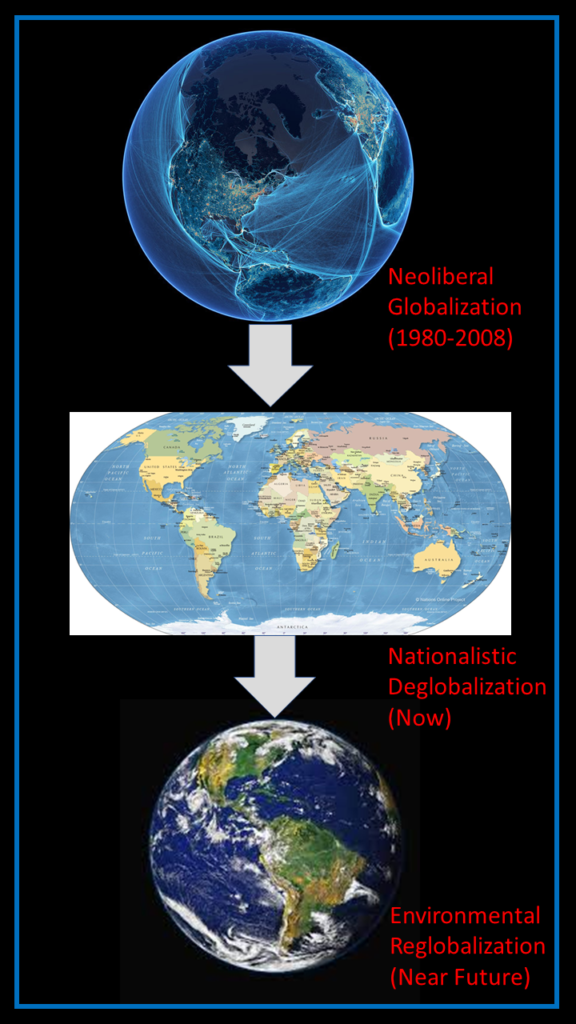David P. Turner / April 16, 2023
Earth Day 2023 (April 22) is the 53rd anniversary for this annual gathering of the global tribe. Historically, it has been an opportunity to protest the decline in environmental quality and to envision a sustainable relationship of humanity to the rest of the Earth system.
So, let’s review three environmental trends of particular concern in 2023 and three pointers to the possibility of a sustainable Earth system.
Three concerns.
1. 2023 is shaping up to be an El Niño year. Ocean circulation in the equatorial Pacific Ocean will slow, which means less heat removal to the ocean interior by downwelling water in the western pacific and less delivery of cool upwelling water in the eastern Pacific. Global mean temperature will tick up a bit beyond the usual expectation. There is speculation that 2023 will be the warmest year on record.
2. Sea ice extent will continue to decline at both poles, which is part of the snow/ice albedo positive feedback to global warming.
3. Greenhouse gas concentrations will continue to rise. The annual increase in methane concentration is especially worrisome because the increase has been relatively large in recent years, a consequence of rising emissions from both the global energy sector and biosphere sources.
Three trends to be hopeful about.
1. The International Energy Agency recently reported that 2023 will mark a step-change upward in the public and private financing available to support the global renewable energy revolution. The official theme of Earth Day 2023 is “Invest in Our Planet”.
2. The proportion of land and ocean area in some sort of biodiversity protection status continues to rise. A 2022 UN biodiversity conference set a goal of 30% by 2030.
3. Stratospheric ozone continues to regenerate in response to the global regulatory process associated with the Montreal Protocol.
There are endless issues within countries and between countries for humans to argue and fight about. But recent anthropogenically-driven changes in the global environment are something we all have in common, and something that must be addressed collectively.
In the near term, the growing incidence of extreme weather events associated with anthropogenic climate change negatively impinges on the quality of life of a vast number of people around the planet. On a decadal time frame, sea level rise will come to displace hundreds of millions of people. At the scale of a century or more, on-going climate change may set off a cascade of positive feedback mechanisms that will drive the Earth system to a new state inimical to an advanced, high technology, global civilization (the Icarus Scenario).
There are many impediments to becoming a global “we” that will work collectively on global environmental change issues. But Earth Day, as the largest recurring secular celebration in the world, is an occasion to think anew and commit to opportune joint initiatives.

